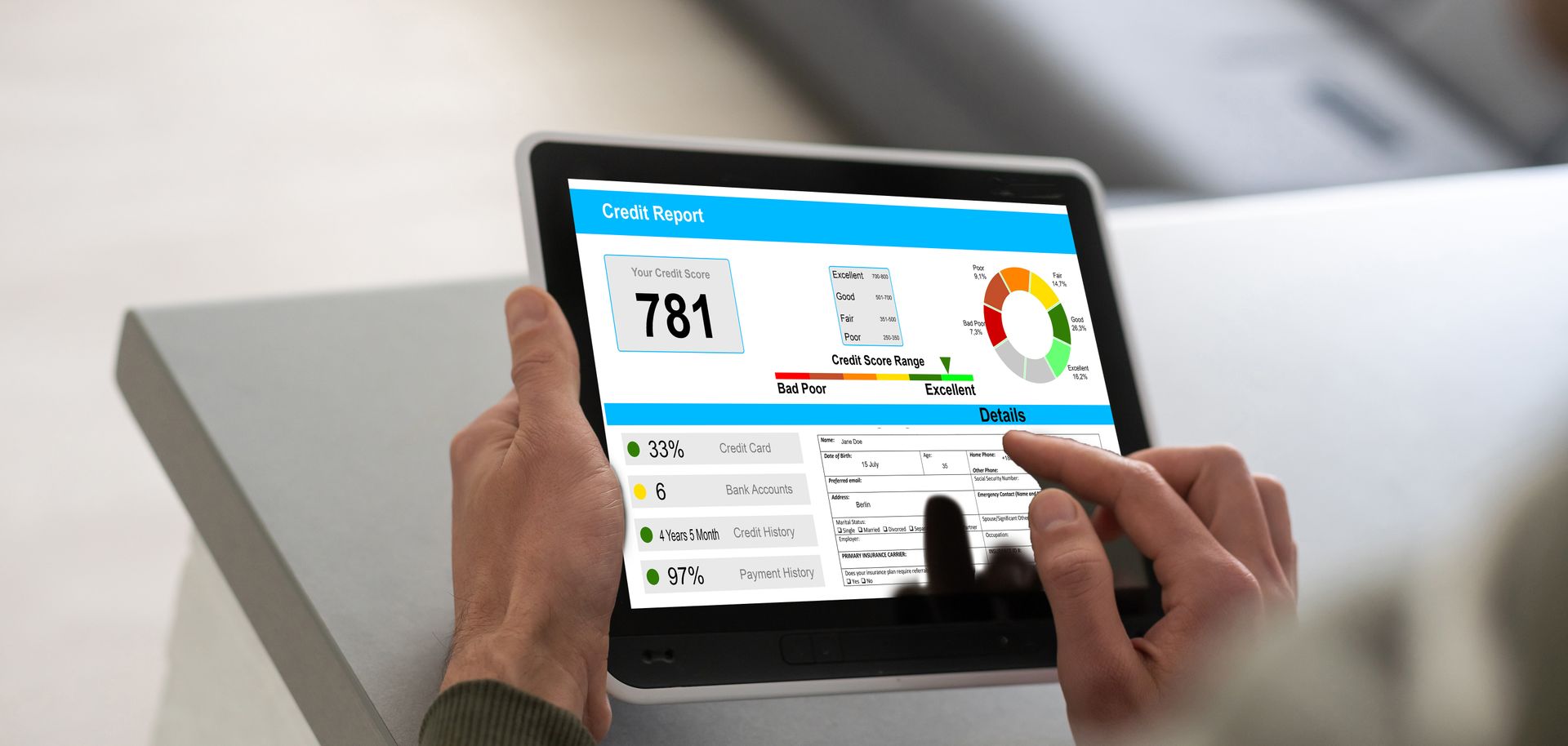Accounting 101: Cashflow
This January we are going back to basics and taking a look at some of the cornerstones of accounting.
Next up – Cashflow.
What is cashflow?
Cashflow refers to the movement of money into and out of your business over a specific period.
In the most basic terms, cashflow is the process of cash moving out of the business (costs/ expenses), and cash coming into the business (revenue). The ideal scenario is to be in a ‘positive cashflow position’. This means that your ‘in’ outweighs your ‘out’ – i.e. more cash is coming into the business than is going out.
When you’re cashflow positive, the main benefit is that you have the liquid cash available to fund your daily operations and debt payments etc.
On the flip side, if you’re in a negative cashflow position, this can be a red flag that the business is facing some financial challenges – and that some serious cost-cutting and/or revenue generation is needed.
How does cashflow affect your business?
Not having enough liquid cash is one of the biggest reasons for companies failing. It is absolutely vital that you keep on top of your company’s cashflow position.
Here are five key cashflow areas to focus on:
- Monitor cash in and out – this means regularly tracking what you are getting into your business from sales, loans and investments, as well as what is flowing out from expenses, purchases and debt repayments.
- Manage account receivables and payables – efficiently managing your customer receipts and supplier payments helps smooth out your inflows and outflows – and delivers stable cashflow that is easier to predict and manage. Ensuring you have payment terms on your invoices that match the bills payment terms you are making to suppliers. A mismatch of this timing can have a significant impact on when you have cash available.
- Get proactive with budgeting and forecasting – creating realistic cashflow budgets and forecasts helps you predict your future cash position. By anticipating your future cash needs, you can actively plan for potential shortfalls or surpluses.
- Control your stock inventory – having excess stock in your warehouse ties up cash. So, it is a good idea to optimise your inventory levels and to only manufacture/order the items you need on a day-to-day basis.
- Invest in cash reserves – with emergency cash reserves in the bank, you know you have the funds to handle unforeseen cashflow issues or sustain your operations during lean periods. Another vital practice is to be putting away cash to ensure you can meet GST and tax obligations. This is an area we see a lot of businesses getting into cashflow issues. These two things make your whole cashflow position more stable.
Positive cashflow is the beating heart of your business. Working with a good adviser helps you keep that cashflow healthy, stable and driving your key goals as a company. Get in touch to chat about improving your cashflow.











